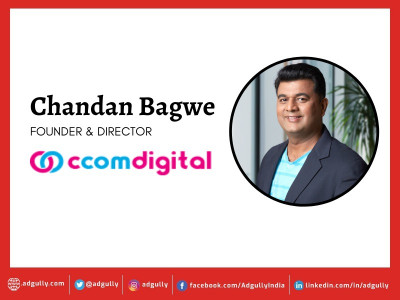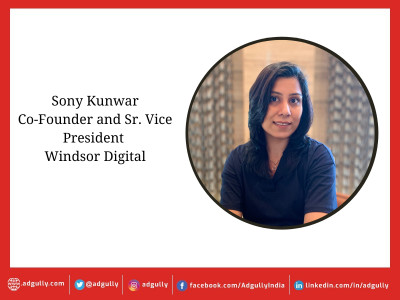Is Digitalization just another technology trend?
Authored by Rajiv Jayaraman, Founder-CEO of KNOLSKAPE & TEDx speaker.
A common question from sceptics of the digital revolution is this – is it just another trend? By definition, a trend is a fad or craze, like fidget spinners, internet challenges and charcoal foods. They last for a while, and eventually, people go back to their earlier ways of living, working and behaving.
Digitalization, on the other hand, is not merely a fad. In fact, it isn’t even something that just cropped up one day. Rather, it has spent centuries in the evolution process. We’re just taking note of it because the disruption is happening at an accelerated pace, rather that subtly creeping up on us and allowing us time to adapt.
If DIGITALization is factored as N, then DIGITization is N-1 – starting with the advent of computers. Analog systems, structures and processes became digital and automated – online banking and email are primary examples of this.
Since then, in the last 2 decades, we have seen the birth of the internet, then the social web and mobile, leading to a system of interconnectedness, cloud computing, analytics and big data.
We are currently at the beginning of stage 3 of this evolution. Digital is at the most primitive stage it will ever be. Even 3-5 years down the line, digitalization is going to be far more advanced than it is today.
Shifts required for Digitalization
Think about all the trends that you have seen occur throughout your life. They effortlessly become a part of our lives and once we are over it, we completely forget about them. Digitalization, on the other hand, necessitates a major shift in mindset, culture and capabilities. This is necessary to help people and organizations manage systems of networks, untapping new value that we wouldn’t have considered earlier and creating exemplary experiences for the informed and empowered customers who have the power to make or break us.
To keep up with the machines that we will soon be calling our colleagues as well as the shifts in systems, structures and processes, human beings are required to rewire and relearn many things that had previously become habits and sacrosanct beliefs.
In other words, Digitalization is not a trend, rather a transformation.
What’s going to happen:
Technology is evolving every day. Artificial intelligence is increasingly taking centre stage. As a result, the future of world will be a marriage of man and machine co-existing and co-working. These machines are developing to become more human. They do this by constantly learning.
So far, most menial and mundane roles have been automated. With each innovation, the benchmark of what constitutes operational or menial roles also changes. Everything that can become automated will continue to do so.
The most advanced stage of the foreseeable digital transformation is in reinvention, factored as N+1. Where digitization focused on technology, and digital transformation is focusing on the marriage of technology with people, digital reinvention will focus on combining strategy, process and technology capabilities with experience and design thinking to unlock new possibilities.
Given the rapid rate of change and that organizations are in various stages of the digital revolution, we can see all three stages playing out simultaneously today.
The key takeaway here is that the digital revolution is happening, and it is not going anywhere. This constitutes the new landscape of work and life.
Are you prepared?
Get on the bandwagon, or risk becoming obsolete.
About the Author
Over the last few years, Rajiv Jayaraman has built a high octane global team at KNOLSKAPE that helps organizations accelerate employee development using an integrated learning and assessment platform. He spearheads strategy at KNOLSKAPE and serves on its board. Under his leadership, KNOLSKAPE has delivered durable business outcomes for 300+ leading organizations across 25 countries and has won numerous industry awards.

















Share
Facebook
YouTube
Tweet
Twitter
LinkedIn